Study provides new look at why rare cancer often evades treatments
Por um escritor misterioso
Last updated 20 setembro 2024
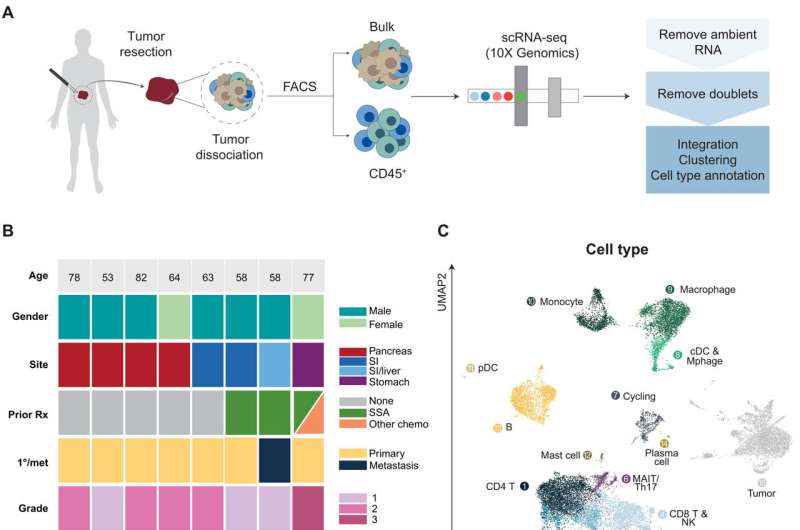
Researchers at Boston Medical Center and Dana-Farber Cancer Institute have conducted one of the first-ever analyses of neuroendocrine tumors (NETs) at single-cell resolution, unlocking new insights into this rare and often hard-to-treat cancer. The findings represent a tremendous leap forward in understanding why these tumors are largely resistant to immunotherapy and provide key insights that could lead to future treatments.
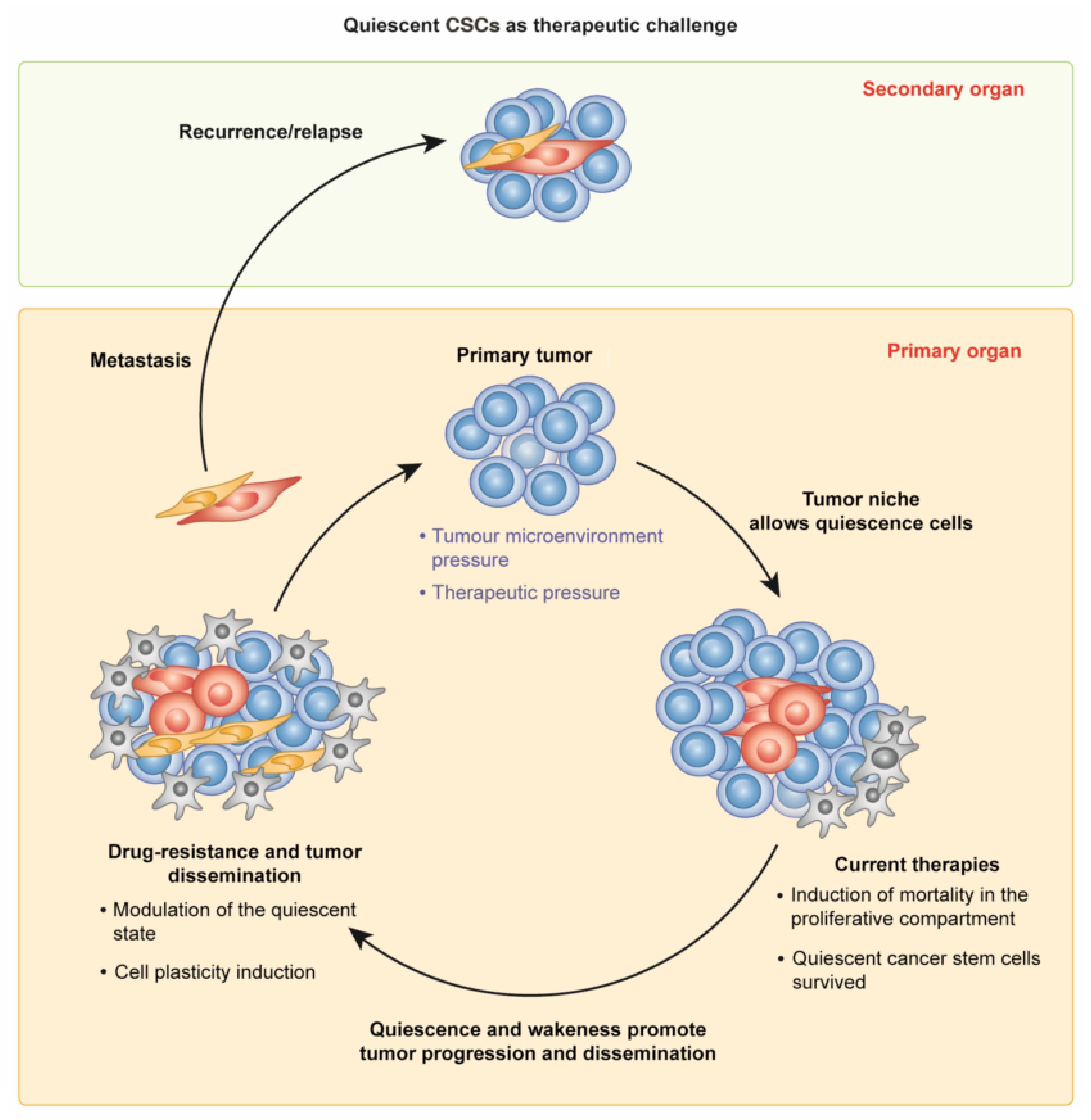
Cancers, Free Full-Text
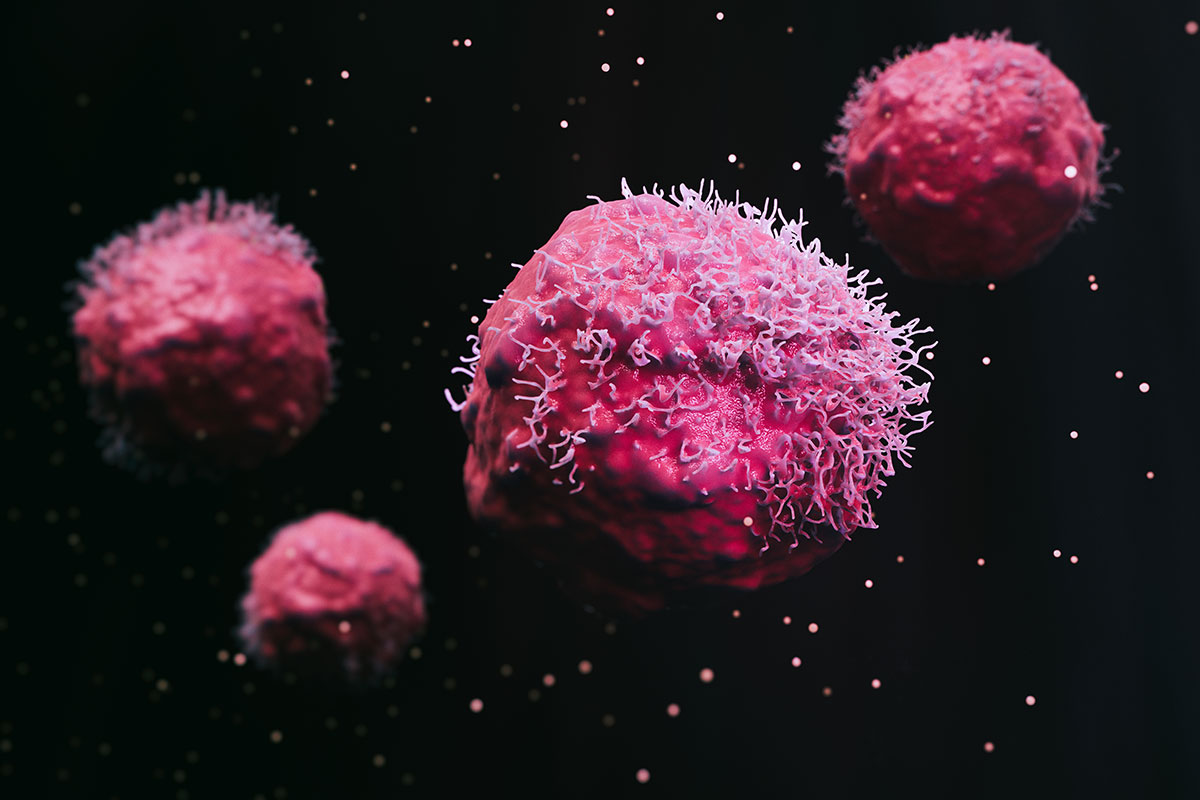
Scientists reveal how proteins drive growth of multiple cancer types – Washington University School of Medicine in St. Louis

CAR T-cell therapy turns blood into a cancer-fighting weapon

Communicable cancer: The mounting evidence

Scientists Uncover How Proteins Drive Cancer Growth

Breaking Through Cancer's Shield - The New York Times

The Lancet Commission on the future of care and clinical research in autism - The Lancet

Outsmart Your Cancer: Alternative by Pierce, Tanya Harter

How to Harness the Immune System to Treat Cancer - - Life Extension
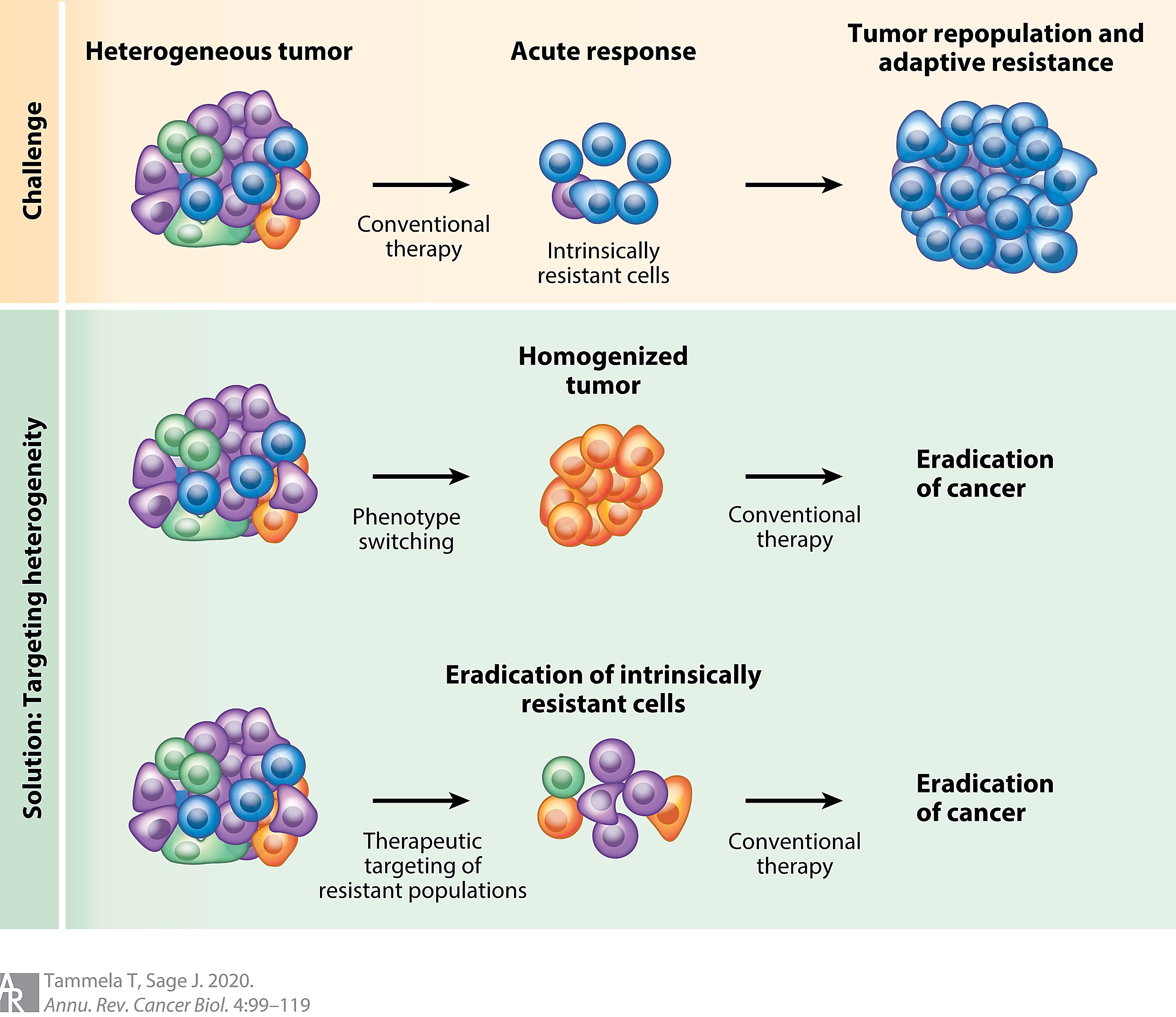
Spatial transcriptomics—the next evolution of cancer drug discovery - 10x Genomics
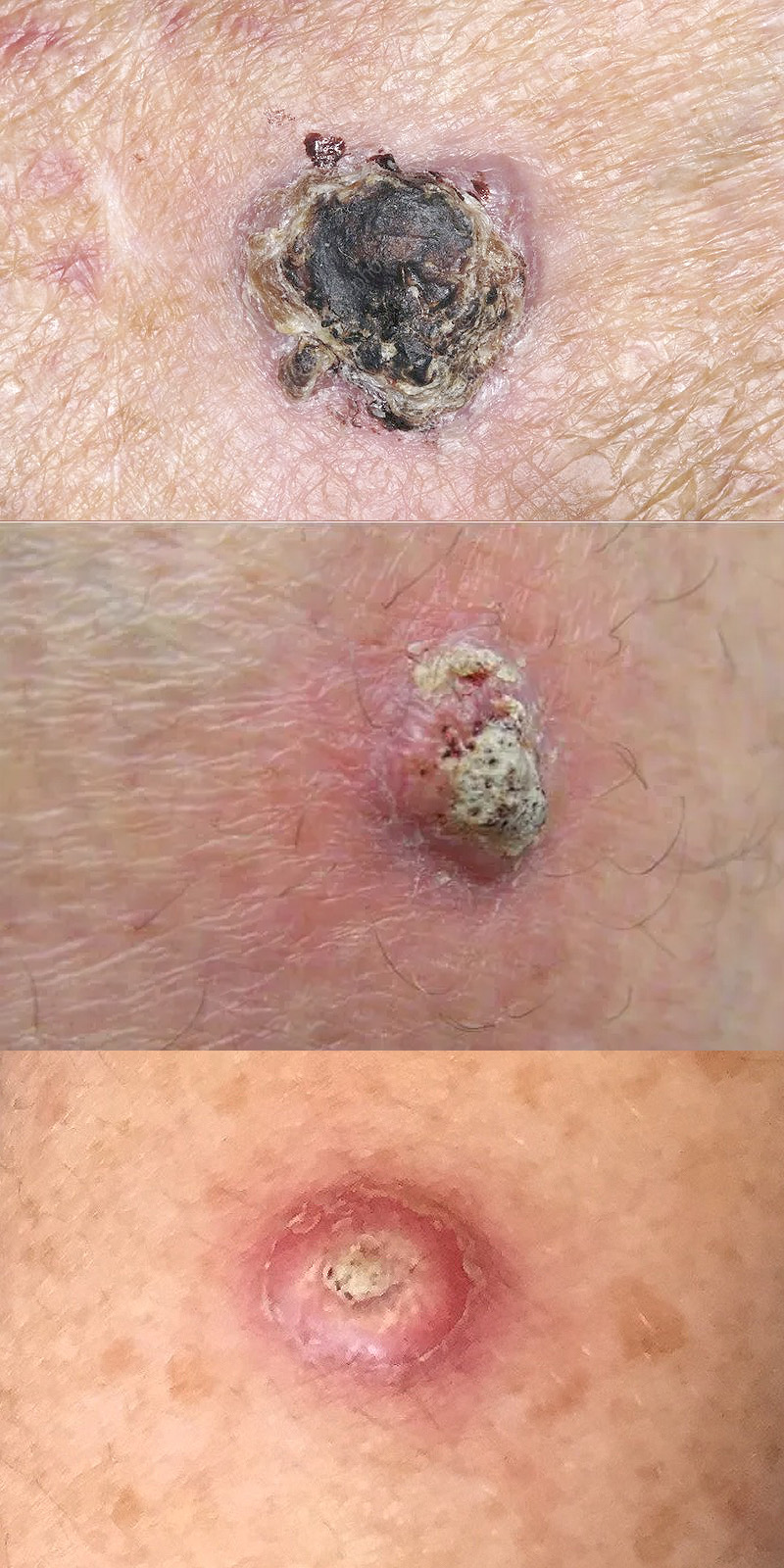
Squamous Cell Carcinoma (SCC) Symptoms, Stages, Risk Factors and Treatment
Recomendado para você
-
 Evades io — Play for free at20 setembro 2024
Evades io — Play for free at20 setembro 2024 -
 Evades.io - *NEW* ALL HEROS TIER LIST (2022)20 setembro 2024
Evades.io - *NEW* ALL HEROS TIER LIST (2022)20 setembro 2024 -
 Engineered vector evades photoreceptor pathology and microglia and CD820 setembro 2024
Engineered vector evades photoreceptor pathology and microglia and CD820 setembro 2024 -
 Les evades de la nuit20 setembro 2024
Les evades de la nuit20 setembro 2024 -
 Alien Mobile Malware Evades Detection, Increases Targets - Security Boulevard20 setembro 2024
Alien Mobile Malware Evades Detection, Increases Targets - Security Boulevard20 setembro 2024 -
 S. Typhimurium evades autophagy by disrupting Sirt1-dependent AMPK20 setembro 2024
S. Typhimurium evades autophagy by disrupting Sirt1-dependent AMPK20 setembro 2024 -
 Understanding how Polymorphic and Metamorphic malware evades detection to infect systems20 setembro 2024
Understanding how Polymorphic and Metamorphic malware evades detection to infect systems20 setembro 2024 -
 Tricks and COMfoolery: How Ursnif (Gozi) Evades Detection20 setembro 2024
Tricks and COMfoolery: How Ursnif (Gozi) Evades Detection20 setembro 2024 -
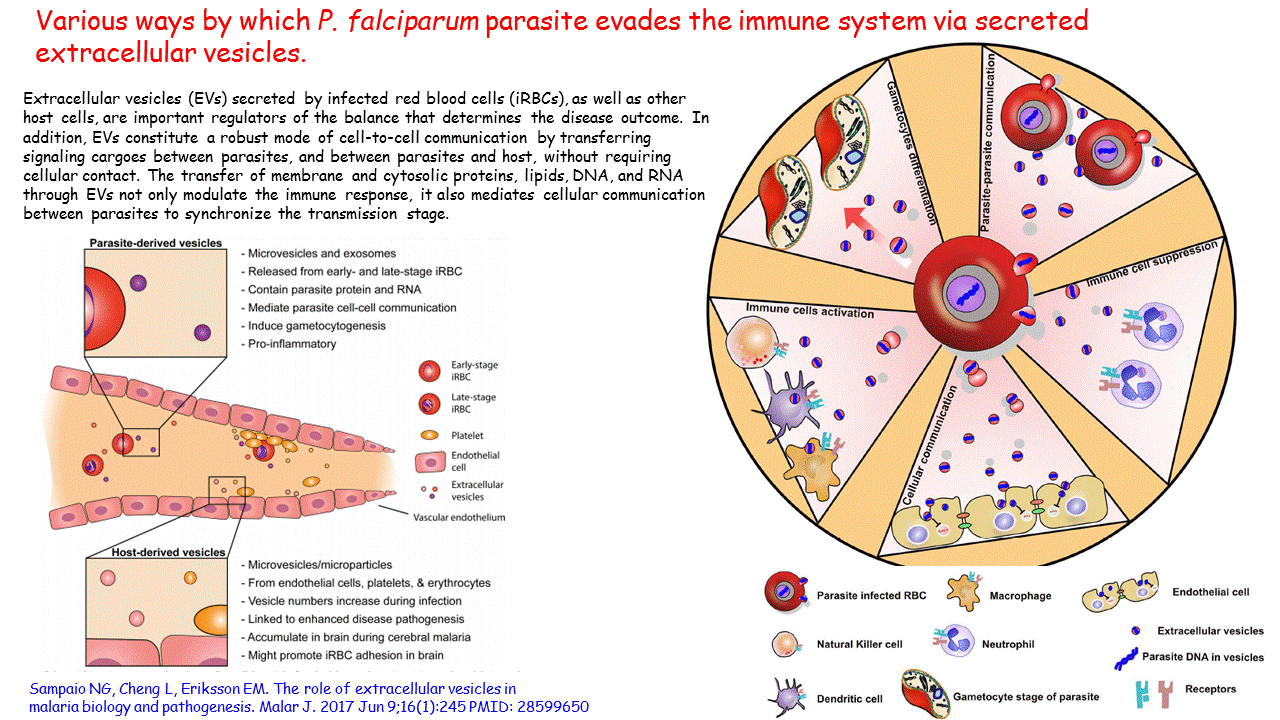 Various ways by which P. falciparum parasite evades the immune system via secreted extracellular vesicles20 setembro 2024
Various ways by which P. falciparum parasite evades the immune system via secreted extracellular vesicles20 setembro 2024 -
 Philip Kerr Quote: “Or, put another way, nothing evades our attention as persistently as that which20 setembro 2024
Philip Kerr Quote: “Or, put another way, nothing evades our attention as persistently as that which20 setembro 2024
você pode gostar
-
 Como Transformar Qualquer Vídeo em GIF pelo Celular: Adobe Express20 setembro 2024
Como Transformar Qualquer Vídeo em GIF pelo Celular: Adobe Express20 setembro 2024 -
 Tensei Kizoku no Isekai Boukenroku: Jichou wo Shiranai Kamigami no20 setembro 2024
Tensei Kizoku no Isekai Boukenroku: Jichou wo Shiranai Kamigami no20 setembro 2024 -
 img1.ak.crunchyroll.com/i/spire4-tmb/eddf48a0e6f0c20 setembro 2024
img1.ak.crunchyroll.com/i/spire4-tmb/eddf48a0e6f0c20 setembro 2024 -
Kakkou no Iinazuke Episode 3 Discussion (40 - ) - Forums20 setembro 2024
-
 FUTEBOL COM CARROS?! - ROCKET LEAGUE20 setembro 2024
FUTEBOL COM CARROS?! - ROCKET LEAGUE20 setembro 2024 -
 Future Trunks Dragon ball z, dbz future trunks phone HD phone20 setembro 2024
Future Trunks Dragon ball z, dbz future trunks phone HD phone20 setembro 2024 -
![Padrão Xadrez Textura Vetorial Verde Preto e Branco Vetor EPS [download] - Designi](https://www.designi.com.br/images/preview/11303822.jpg) Padrão Xadrez Textura Vetorial Verde Preto e Branco Vetor EPS [download] - Designi20 setembro 2024
Padrão Xadrez Textura Vetorial Verde Preto e Branco Vetor EPS [download] - Designi20 setembro 2024 -
 Dragon Ball GT Action Desktop HD Wallpaper 108647 - Baltana20 setembro 2024
Dragon Ball GT Action Desktop HD Wallpaper 108647 - Baltana20 setembro 2024 -
 Aesthetic Anime Girl Pfp ,SAD JAPANESE ANIME AESTHETIC | iPad Case & Skin20 setembro 2024
Aesthetic Anime Girl Pfp ,SAD JAPANESE ANIME AESTHETIC | iPad Case & Skin20 setembro 2024 -
 No ender dragon skin - Closed Bug Reports - The Hive Forums20 setembro 2024
No ender dragon skin - Closed Bug Reports - The Hive Forums20 setembro 2024
